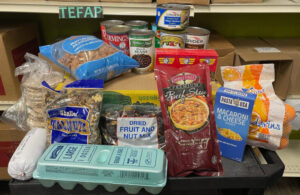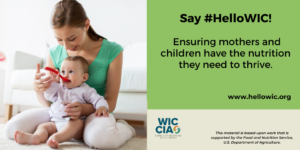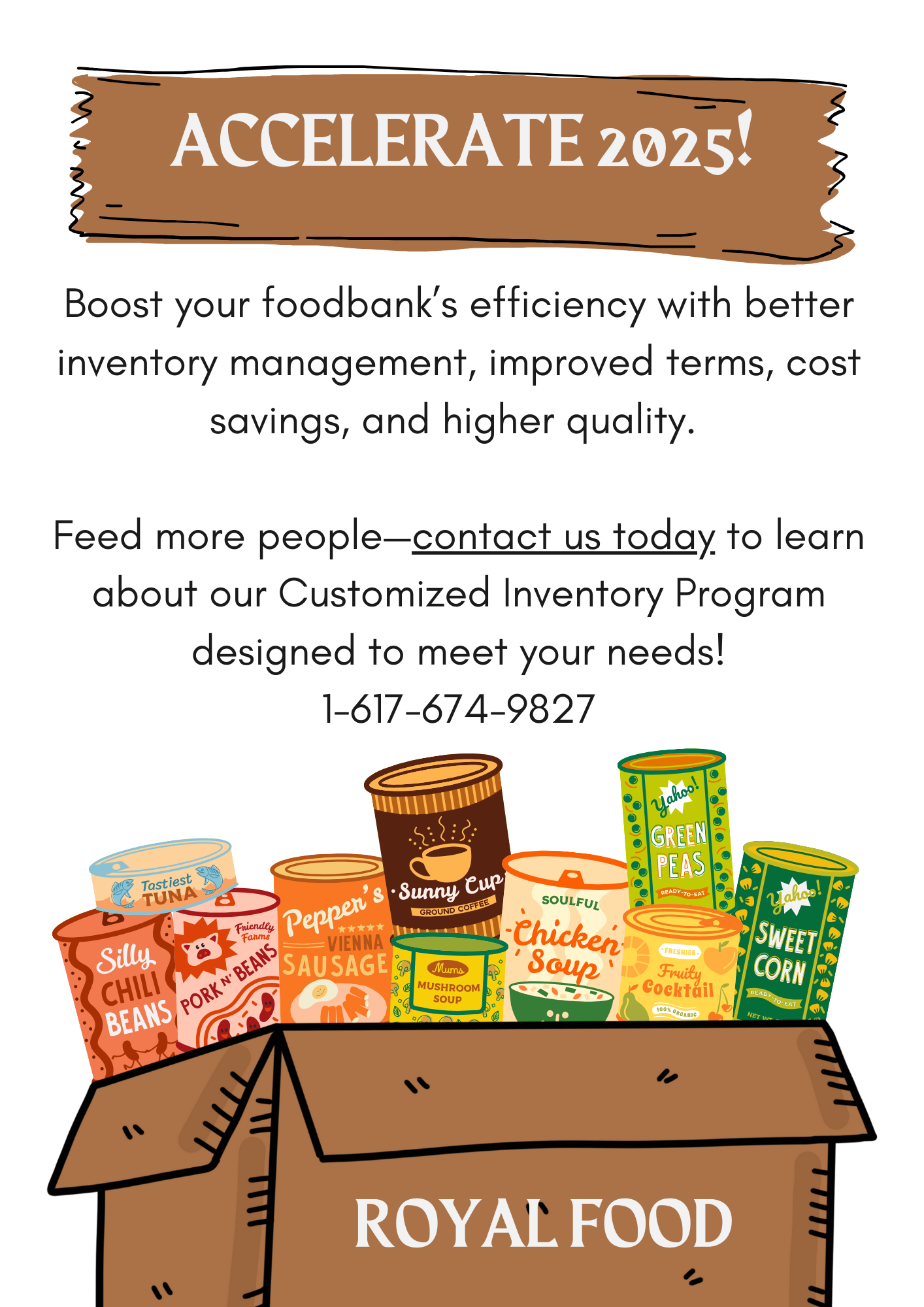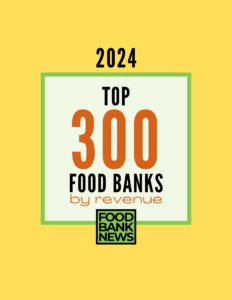With WIC participation declining at an alarming rate, some food banks and hunger-relief agencies are taking steps to shore up their local programs.
Participation in the federal benefit for women and their children has dropped 23% from 2010 through 2018, said Food Research & Action Center in a report released last week. That includes a 6% drop from 2017, the largest single-year decrease in the program’s history, according to a USDA report released in April.
As with SNAP participation, part of the decline can be explained by improving economic conditions. The issues with WIC participation, however, appear to run deeper, reflecting room for improvement within the program itself. FRAC points out that only about half (54.5%) of people who are eligible for WIC actually participate, down from 63.5% in 2010.
Geraldine Henchy, Director of Nutrition Policy and Early Childhood Programs at FRAC, outlined a multitude of barriers to WIC participation, many of which come down to a poor customer-service experience for clients. Many WIC programs require ongoing visits to health clinics, presenting difficulties for clients who lack transportation or need to work. Plus, the clinics can be inconveniently located and the visits time-consuming.
Perhaps worse is trying to use WIC in the grocery store, which requires clients to choose from a more limited selection of food and often undergo a different check-out routine. The FRAC report found that the WIC shopping and check-out experience proved “central” to whether clients stick with the program or not.
FRAC’s findings rang true for Atlanta Community Food Bank, which recently wrapped up a series of eight focus groups of about 10 people each to figure out why fewer people are participating in WIC. “Our strongest findings were around customer service issues,” said Lauren Waits, Director of Government Affairs.

As consumers in a digital world, WIC participants have high expectations for service, including the ability to access information and make appointments digitally, and have quick turnarounds at clinic visits. “We learned that WIC-eligible people are in modern families, just like the rest of us,” Waits said.
Because Georgia still distributes WIC benefits via paper vouchers that must be presented at check-out, there was also broad dissatisfaction with the grocery store experience. “There is a sense of stigma and difficulty identifying WIC-eligible food in the grocery store,” Waits said.
People who were eligible for WIC but not participating were largely united in their feeling that they didn’t need the benefit as much as others, and they didn’t want to take it away from anyone. Emphasizing that WIC also encompasses education about nutrition and parenting, and promotes active child play may help overcome this barrier, Waits said. “We get a very strong positive reaction when we compare WIC to other Mommy and Me-type programs,” she said.
Wrapping WIC into other services and making it more convenient to access proved hugely successful for Missoula Food Bank and Community Center in Montana. A move into a new, modern facility provided the large, regional pantry an opportunity to open an on-site WIC office that shares space with a playroom, a learning kitchen, a community center and a client-choice pantry. “There are lots and lots of reasons to come through the doors, which helps diffuse the stigma,” said Jessica Allred, Director of Development and Advocacy.
Families who take advantage of the play space or the center’s daily programming can also pop into the walk-in WIC office, which is open two days a week. In only two years, the office has become the most successful satellite WIC office in the area, with a caseload of over 100 families, up from none previously. “Co-location was a game-changer,” Allred said.
Hunger Free Oklahoma is also working to make WIC more accessible by making it available in a variety of settings. The organization already has had success in signing up families for SNAP at the same time they enroll their kids in school, said Executive Director Chris Bernard. Now it wants to apply the same idea to WIC by enrolling moms in the program before they leave the state’s Medicaid hospitals with their new babies. “We’re very interested in training community based organizations on WIC enrollment and outreach,” he said.









